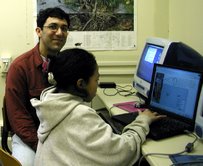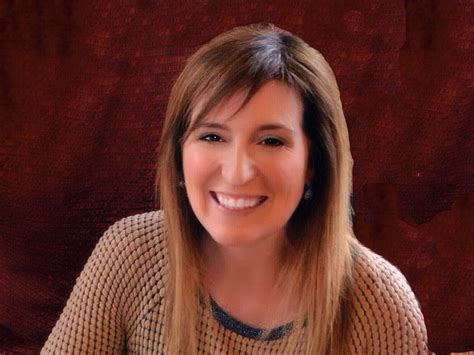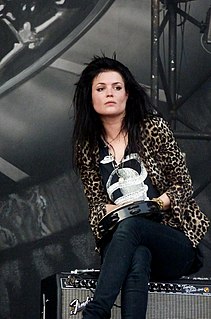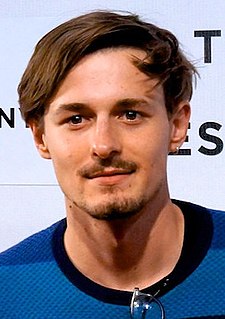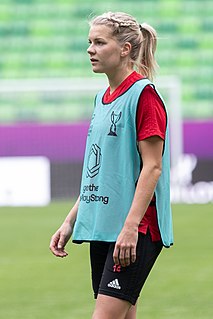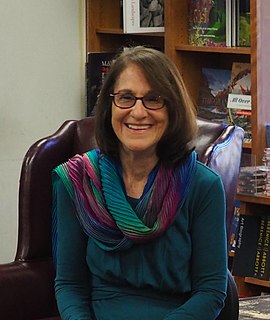A Quote by Ron Eglash
I just toured around looking for fractals, and when I found something that had a scaling geometry, I would ask the folks what was going on - why they had made it that way.
Related Quotes
In all my life I'd never been approached this way, the car pulling up, the Where you going? It was something I wish had happened hundreds of times. I was a looker - someone who looked over at every car at every traffic light, hoping something would happen, and almost never finding anyone looking back - always everyone looking forwards, and every time I felt stupid. Why should people look at you? Why should they care?
That's critical to me, the community. When I was 12 years old, I had a mental breakdown; I went berserk for a long time. I felt rejection from the white community. Couldn't understand why the pigmentation of my skin kept me from doing. Everybody always told me "You're going to be something." And of course, I began to raise questions about why it is that white folks treat us the way they do. The breakdown was very vivid. I just all of a sudden felt like I had been overcome by a train.
And for all those years, we never talked about the disaster at the recital or my terrible accusations afterward at the piano bench. All that remained unchecked, like a betrayal that was now unbreakable. So I never found a way to ask her why she had hoped something so large that failure was inevitable. And even worse, I never asked her what frightened me the most: Why had she given up hope?
But, finally, I had to open my eyes. I had to stop keeping secrets. The truth, thankfully, is insistent. What I saw then made action necessary. I had to see people for who they were. I had to understand why I made the choices I did. Why I had given them my loyalty. I had to make changed. I had to stop allowing love to be dangerous. I had to learn how to protect myself. But first… I had to look
Looking back on it now, I understand why that was not possible [to express ourselves], because the pottery employed a dozen people, not all of whom are making pots. And these people had families, children, and they had to have a wage that would allow them to raise their family and they had to get a paycheck every Friday afternoon. So if we had not made pots that would sell it, would not have been possible for these people to be employed.
The best that Gauss has given us was likewise an exclusive production. If he had not created his geometry of surfaces, which served Riemann as a basis, it is scarcely conceivable that anyone else would have discovered it. I do not hesitate to confess that to a certain extent a similar pleasure may be found by absorbing ourselves in questions of pure geometry.
Lying in bed, half-covered by the blankets, I would drowsily ask why he had come to my door that night long ago. It had become a ritual for us, as it does for all lovers: where, when, why? remember...I understand even old people rehearse their private religion of how they first loved, most guarded of secrets. And he would answer, sleep blurring his words, "Because I had to." The question and the answer were always the same. Why? Because I had to.
Blomkvist had indeed had many brief relationships. He knew he was reasonably good-looking, but he had never considered himself exceptionally attractive. But he had often been told that he had something that made women interested in him . . .that he radiated self-confidence and security at the same time, that he had the ability to make women feel at ease. Going to bed with him was not threatening or complicated, but it might be erotically enjoyable. And that, according to Blomkvist, was as it should be.
